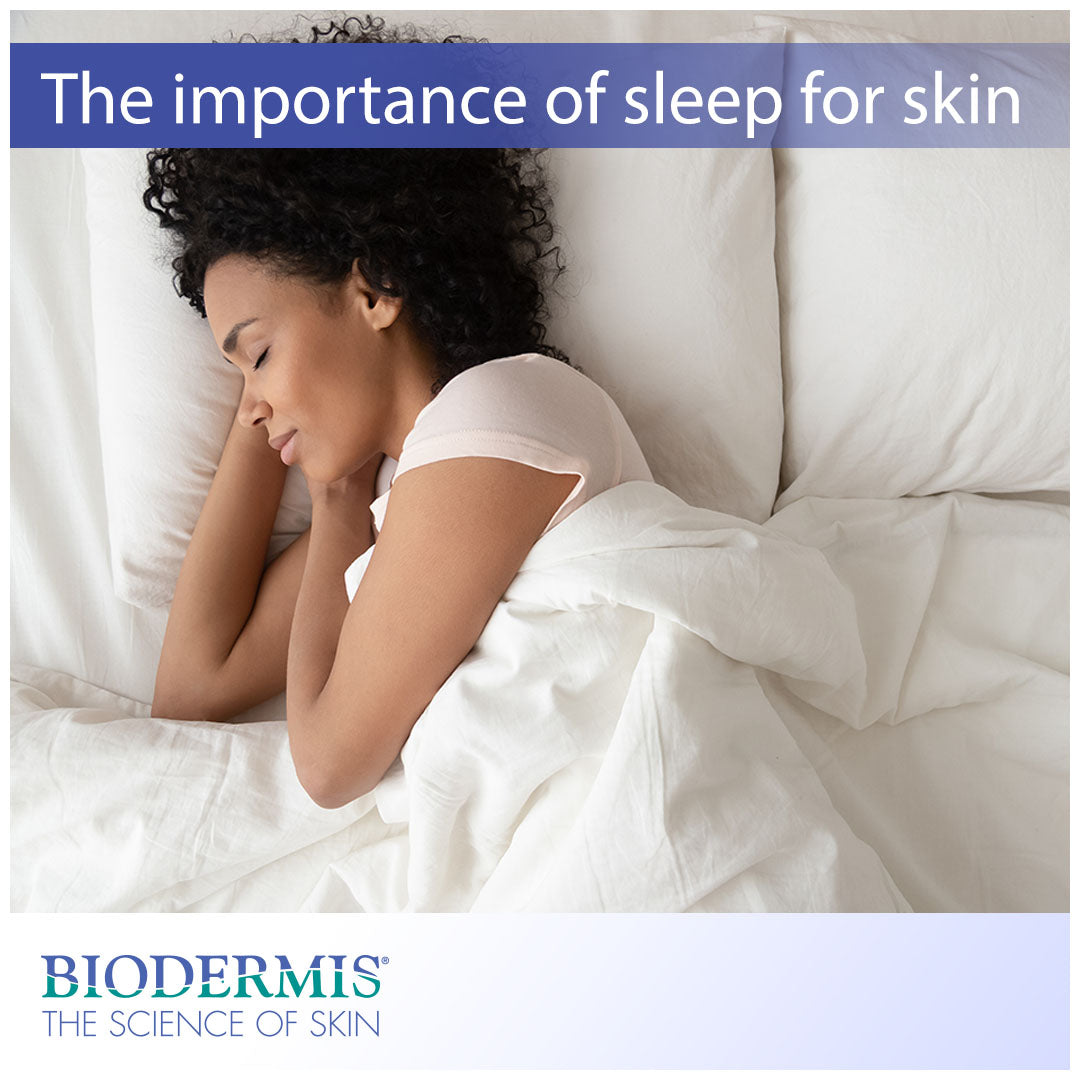In this article we will explore the interesting phenomenon of sleep and what happens to our skin when we don’t get enough of it.
How much sleep is enough?
The amount of sleep that a person requires varies over the course of his or her lifetime. Newborns sleep for a majority of the day, generally 14-17 hours per 24-hour period. Toddlers need about 12 hours of sleep a night whereas seven-12 year olds need about 10-11 hours of sleep per night. By the time you become a teenager you may need around eight to nine hours. Adults can often function on seven hours of sleep and sometimes less depending on the individual. When we feel ill we will generally require more sleep to allow our bodies to recover more quickly.Sleep Deprivation
Sleep deprivation often occurs according to an individual’s lifestyle choices. If we choose to drink caffeine all day, we may find it difficult to get good rest at night. The amount of media we consume before bed—smartphone usage, T.V. shows, and video games—can also be interfering with the quality of our sleep. When we become sleep deprived, the cortisol levels in our bodies rise. Cortisol is a stress hormone that alerts your body when there is something wrong. A rising in cortisol levels can exacerbate inflammatory conditions in the skin and decrease wound healing function. Certain skin conditions considered inflammatory are psoriasis, eczema, and acne—all of which can flare up in reaction to poor sleep.
Inadequate sleep can also have a profound effect on the appearance of the eyes, especially on the lower eyelids. People who don’t get enough sleep may notice the development of ‘bags’ under their eyes. Bags are due to the fat of the lower eyelids accumulating water under the eyes when we sleep. This swelling or puffiness under the eyes is usually only a cosmetic concern but usually gets worse as we age. In addition to under-eye bags, sleep deprivation can also cause your skin to become dull and pale, causing dark circles to form around the eyes. Anyone can develop dark circles but some people may be more predisposed due to their genetics.
Oversleeping
Too much sleep, on the other hand, may also cause problems for your skin in subtle and overlooked ways. Our bodies become dehydrated when we sleep because we go up to eight hours without consuming any liquids. When our bodies lack water, our overall skin tone and complexion can appear uneven, making fine lines more noticeable. Another problem caused by sleeping too much is dirty bed sheets. Sweat and oils secreted by our skin at night gets rubbed off onto our bed sheets and pillow cases. This can lead to clogged pores and acne breakouts. A good way to prevent oversleeping is by going to bed at the same time every night and setting an alarm. Poor sleeping habits are often caused by an irregular sleeping schedule in addition to other habits mentioned previously.
Undoubtedly, sleep is an important aspect of skin care that goes far beyond the scope and understanding of this article. The benefits of good sleep can hardly be overstated and the wonders it can do for your skin is widely agreed upon. If you have trouble sleeping, and it has been a consistent problem in your life, a visit to your doctor is advisable.
Biodermis is an innovative market leader with 30 years of expertise in the medical silicone industry. Visit Biodermis.com today to explore a complete range of scar management and post-operative care solutions.
PHYSICIANS AND MEDICAL PROFESSIONALS: REFER OR RESELL?
Biodermis offers custom tailored referral programs designed to simplify and reduce the cost of your patients' post-op care. Additionally, we offer professional pricing if you opt to retail our products. Give us a call at 800.322.3729, and we will be happy to provide additional details on these programs.





